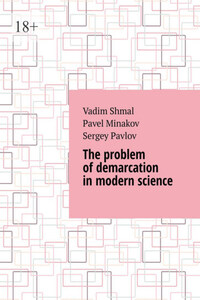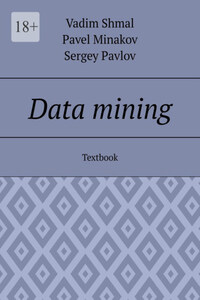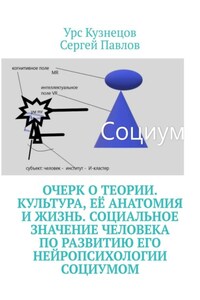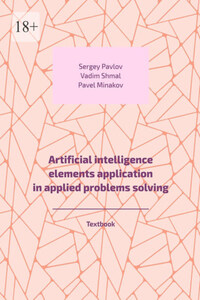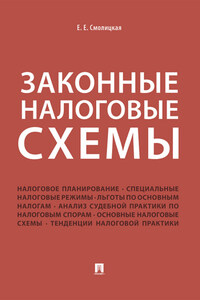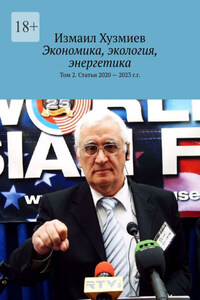In philosophy of science and epistemology, the problem of demarcation is the problem of establishing the boundary between science and philosophy of science.
Philosophers often try to show the boundary between science and philosophy of science by delineating the boundaries between disciplines or dividing fundamental assumptions about reality, such as time and space, or objectivity and subjectivity, into different theories of reality, thereby understanding the boundary between the philosophy of science and the science of science. Although it is the subject of many questions in philosophy of science and epistemology, the problem of boundaries, usually, focuses on the nature of scientific realism as applied to science.
The boundary between science and the philosophy of science is so contested that the most common method used to divide a subject is to demarcate the boundary between methods that produce data (or results) and tools that enable the collection and analysis of data (e.g. ideas, laws, structures, models, etc.).
The differentiation of the methods and tools that are used from those that define the method and tools is critical in the demarcation problem because it determines which parts of science are science and which are not.
When someone tries to cross the frontier in science, he begins to consider the philosophy of science, and both can be seen as a form of research.
Boundary problem and boundary demarcation refers to the dichotomy between formal «science» conducted by scientists and their approach to data collection and their use of data collection results.
Questions of the demarcation problem concern these different ways of researching the natural world by scientists.
Many philosophical questions have been raised to try to define the boundary between science and the philosophy of science. Many philosophers have tried to find a «core» of fundamental beliefs held by scientific disciplines, which would allow us to separate scientific positions from the positions of the philosophy of science.
The theory of scientific realism, according to which scientific hypotheses can be derived from the real world and tested scientifically, is often the subject of controversy when delineating. According to these principles of scientific realism, it is generally believed that any theory of reality is at least partially correct, and that any claim to the contrary should be questioned. According to this theory, all scientific methods available to scientists (and everyone else) are equally effective and there are no gaps in human knowledge. It is a fundamental element of scientific realism that is often the subject of controversy between scientists and philosophers of science. This objection can be challenged with a slightly more technical side of the issue, citing the existence of many fundamental principles of science that are outside the realm of human knowledge, and for example, such things as the existence of certain numbers.
More humorously, the use of a physical model, and therefore the existence of a real equivalent to Newton’s Newton, is often used to refute many of the claims made by philosophers of science.
Cognitive or interpersonal realism theory suggests that science is not fundamentally different from social and artistic endeavors. These forms of inquiry are often criticized as a form of biased or unverifiable belief systems that lack a sense of objective or subjective «truth.» Some argue that these forms of research are, in a sense, simply human-made. Proponents of this view argue that there is a fundamental drive to explore and learn about the natural world, and that any claims about objective «truth» are subjective to that drive. These positions have been used in the past to challenge the ethics of how science can be used to influence a person’s beliefs or behavior. Summarizing this, we can say that any statement that is or can be made without an objective basis is not scientific.
Cognitive / intersubjective stance can be tested by asking people to answer questions about how scientists behave and what standards they use to validate their claims.
People who accept the theory and accept the creation of causal models in which the universe operates are considered credible if they provide the foundation for that theory through logic and consistency.
Thus, the use of the inductive approach is usually seen as a legitimate means of defining truth in science. However, the use of inductive inference to support any general theory can be criticized.
Arguments for the validity of the inductive approach include the following: the use of observations is generally biased and subjective, the data must be manipulated to arrive at valid conclusions, the data must be used causally, people may behave in a biased manner in reporting their observations, people who accept some scientific theory tend to have the best critical thinking skills, and objectivity and testability are often associated with pure science.
